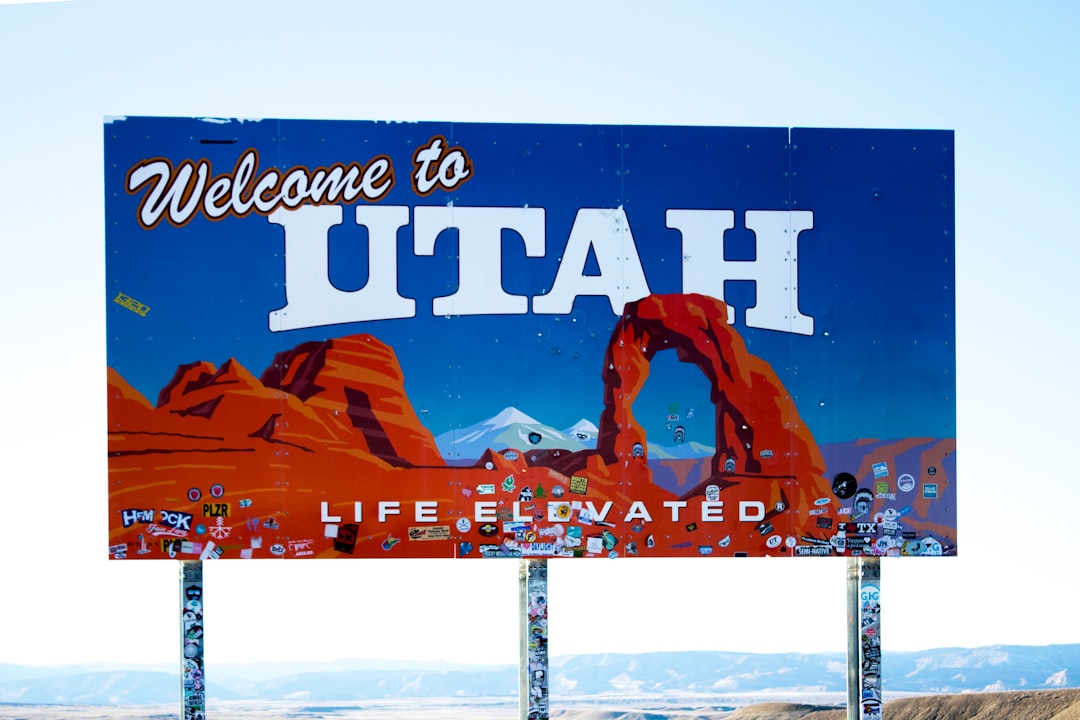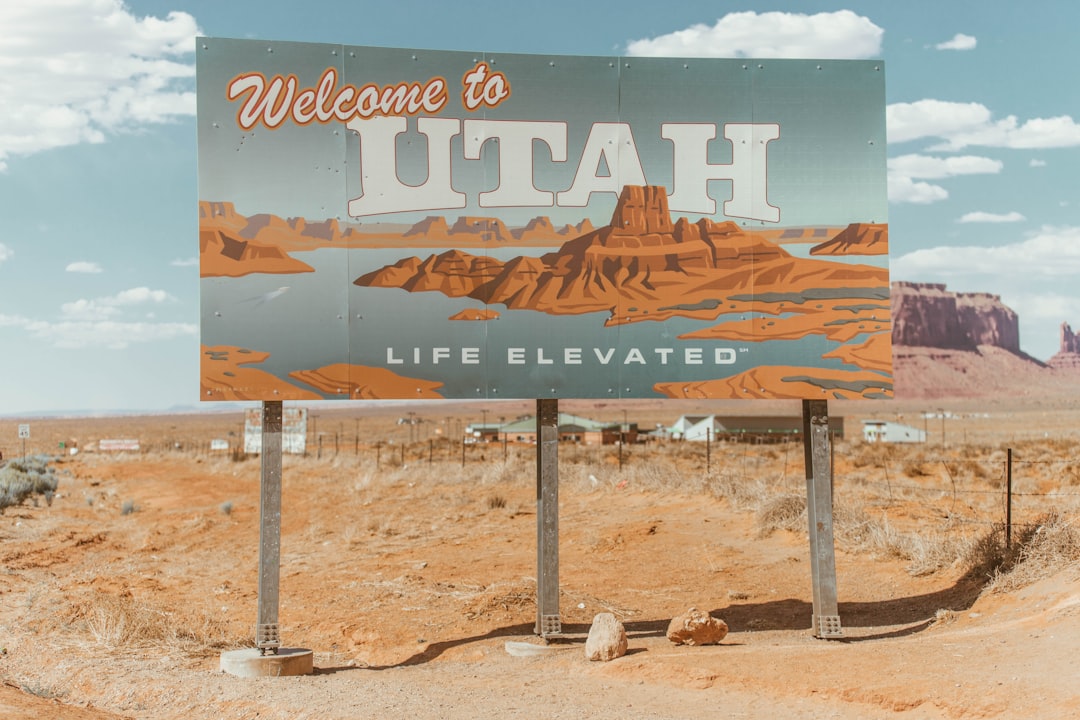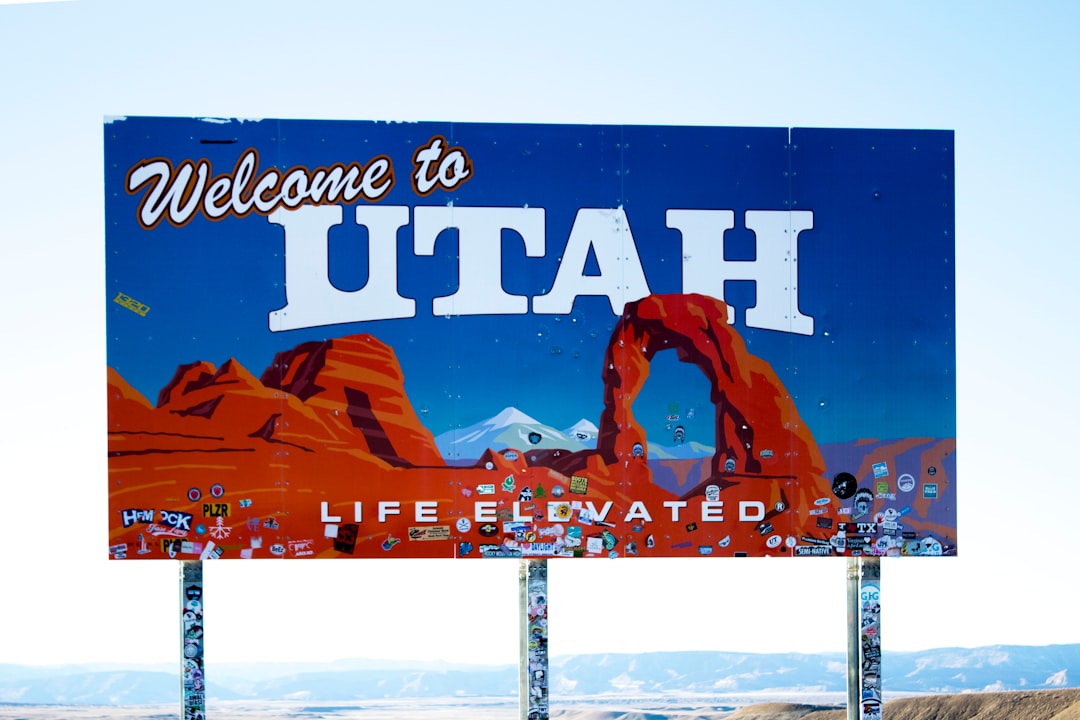In Utah and most states, robocalls are regulated by the Telephone Consumer Protection Act (TCPA), offering legal recourse to consumers harmed by deceptive or persistent calls. To combat robocalls, residents can register on the National Do Not Call Registry, use blocking apps, report suspicious calls, and consult a TCPA litigation attorney if necessary, as victims may sue for damages, including monetary compensation per violation, under Utah's TCPA laws.
In the digital age, Utah residents are increasingly plagued by unwanted robocalls, raising concerns about privacy and legal rights. This article guides you through the intricacies of robocall prevention, empowering Utahns with strategies to mitigate these intrusive calls. We explore legal implications and your options, including the potential for suing over harassing robocalls in Utah. Learn how to protect yourself, understand your rights, and take back control of your communication channels.
Understanding Robocalls and Their Legal Implications in Utah

Robocalls, automated telephone calls from computers, have become a ubiquitous and often unwanted part of daily life for many Utah residents. While some robocalls promote legitimate services or organizations, others are used to harass or deceive individuals. In Utah, as in most states, robocalls are regulated by the Telephone Consumer Protection Act (TCPA), a federal law designed to protect consumers from certain types of telemarketing practices.
The TCPA restricts how businesses and organizations can use automated dialers to place calls and send text messages. It also provides legal remedies for individuals who receive unwanted or deceptive robocalls, including the right to sue for damages. If you’ve been a victim of persistent or illegal robocalls in Utah, understanding your rights under the TCPA is crucial. Moreover, if these calls have caused financial harm, emotional distress, or violation of your privacy, consulting with an attorney specializing in TCPA litigation can help determine if you can take legal action, potentially including suing for robocalls in Utah.
Effective Strategies to Prevent and Handle Robocalls

Robocall prevention is a proactive approach that Utah residents can take to protect themselves from unwanted and fraudulent calls. One effective strategy is to use robocall blocking apps or devices, which filter out automated calls. Many of these tools learn and adapt over time, becoming more accurate in identifying and blocking legitimate robocalls. Additionally, registering your number on the National Do Not Call Registry is a crucial step; while it doesn’t guarantee a complete stop to robocalls, it does reduce their frequency.
Another important tactic is staying informed about common robocall scams and being vigilant when answering calls. If you receive a suspicious call, don’t provide any personal or financial information. Instead, report the number to local authorities and consumer protection agencies. Furthermore, being aware of your legal rights in Utah, such as the ability to sue for damages if severely affected by robocalls, can empower residents to take legal action against persistent or malicious callers.
Your Rights and Options When Facing Persistent Robocalls

If you’re in Utah and facing relentless robocalls, know that you have rights and several options to protect yourself. The Telephone Consumer Protection Act (TCPA) grants consumers significant powers to stop unwanted calls. You can register your number on the National Do Not Call Registry, which prohibits most telemarketers from calling you. Additionally, many phone companies offer call-blocking features or apps designed to filter out robocalls.
While these measures help, some cases of persistent robocalls may warrant legal action. If you suspect that a company or individual is intentionally and repeatedly violating your rights by making unwanted calls, consulting with an attorney specializing in TCPA litigation could be beneficial. In Utah, as in many states, victims of such actions might have grounds to sue for damages, including monetary compensation for each violation, under the TCPA.






